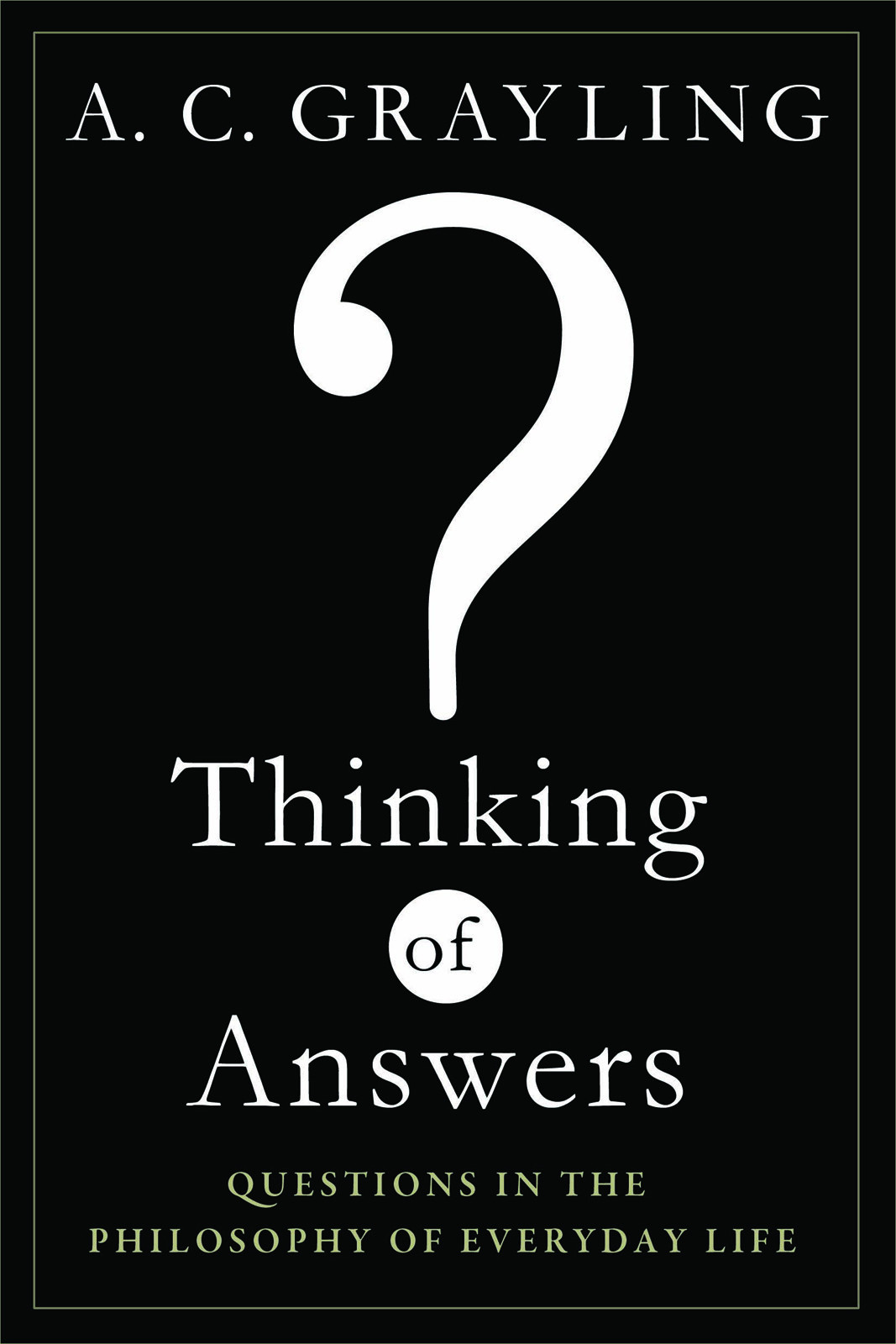

Most ebook files are in PDF format, so you can easily read them using various software such as Foxit Reader or directly on the Google Chrome browser.
Some ebook files are released by publishers in other formats such as .awz, .mobi, .epub, .fb2, etc. You may need to install specific software to read these formats on mobile/PC, such as Calibre.
Please read the tutorial at this link: https://ebookbell.com/faq
We offer FREE conversion to the popular formats you request; however, this may take some time. Therefore, right after payment, please email us, and we will try to provide the service as quickly as possible.
For some exceptional file formats or broken links (if any), please refrain from opening any disputes. Instead, email us first, and we will try to assist within a maximum of 6 hours.
EbookBell Team

4.8
94 reviewsThought-provoking short essays by Britain's leading public philosopher that show us how to discover our own answers to life's challenges. The essays in this book, drawn mainly from A. C. Grayling's columns in Prospect, the Dubliner and The Times, are in fact responses to questions set by editors and readers. If beauty existed only in the eye of the beholder, would that make it an unimportant quality? Are human rights political? Can ethics be derived from evolution by natural selection? If both sides in a conflict can passionately believe that theirs is the just cause, does this mean that the idea of justice is empty? Does being happy make us good? And does being good make us happy? Are human beings especially prone to self-deception? As in his previous books of popular philosophy, including the best-selling The Reason of Things and The Meaning of Things, rather than presenting a set of categorical answers Grayling offers instead suggestions for how to think about every aspect...